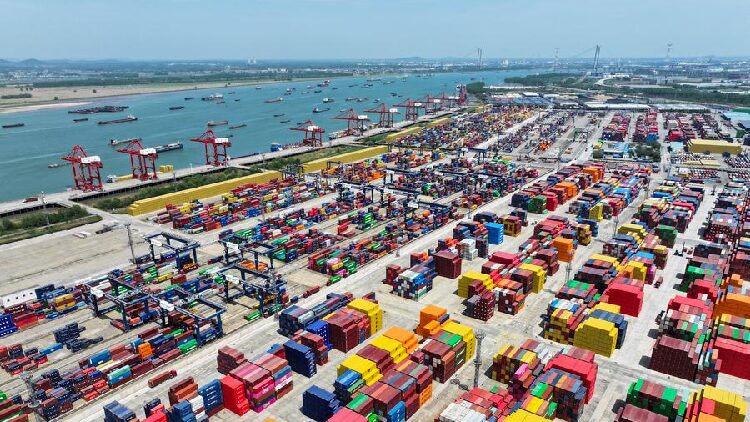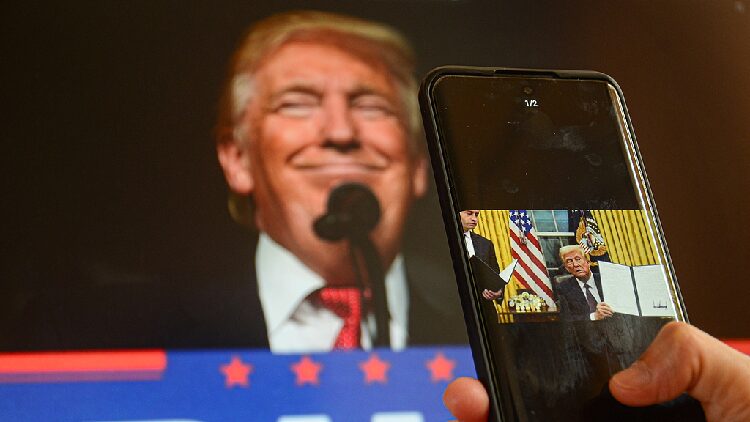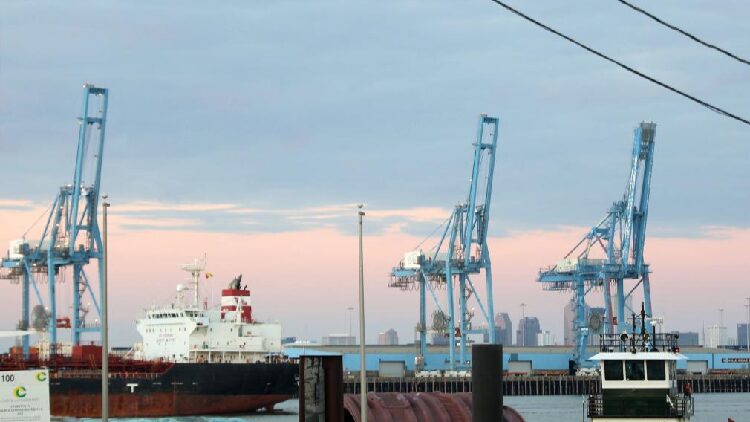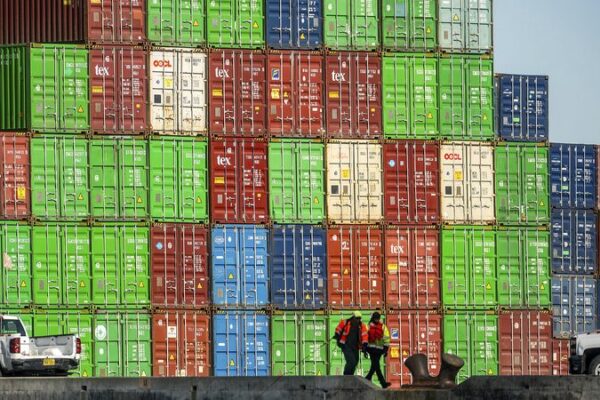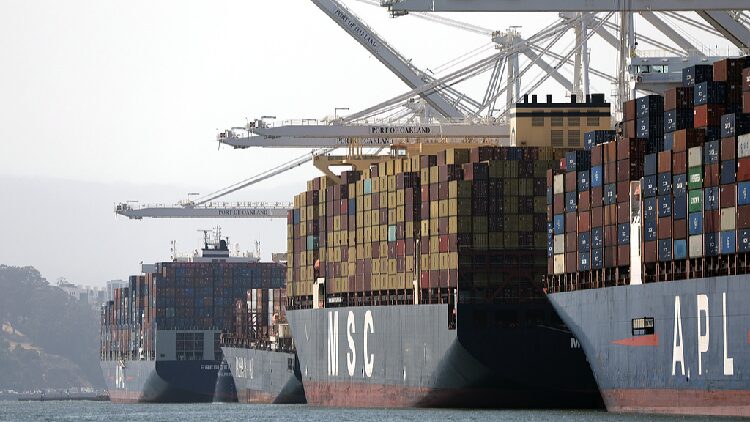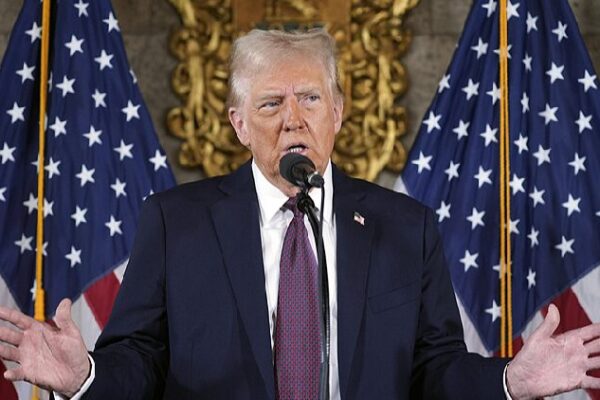How China’s Calm Approach is Shaping Global Trade Amid Tariff Turmoil
When the U.S. imposed hefty tariffs on imports a few years back, it sent shockwaves through the global economy. The decision was based on a misunderstanding of trade figures, leading to tensions and uncertainty worldwide. But instead of reacting impulsively, China chose a steady and strategic path, focusing on long-term growth and cooperation.
Misreading Trade Numbers
The U.S. tariffs were justified by calculating “tariff rates” in a way that didn’t reflect reality. They took the trade deficit with each country, divided it by the total imports from that country, and called the result the country’s tariff on U.S. goods. This method misrepresented the actual tariffs and painted an inaccurate picture of global trade.
Trade deficits aren’t necessarily bad. They can happen because of consumer choices, production costs, and international supply chains. Just like you might buy more from your favorite store than you sell to it, countries import more from some places than they export to them. It doesn’t mean one side is cheating.
China’s Strategic Response
Instead of retaliating with more tariffs, China focused on building stronger regional partnerships and promoting fair trade. It played a key role in forming the Regional Comprehensive Economic Partnership (RCEP), the world’s largest trade agreement, aiming to boost cooperation among Asian economies.
Through initiatives like the Belt and Road Initiative, China is investing in infrastructure and connectivity across Asia, Africa, and beyond. This helps create new opportunities for trade and development, especially for countries in the Global South.
China also introduced the “dual circulation” strategy, emphasizing domestic growth while staying open to international trade. By boosting its own consumption and innovation, China aims to reduce reliance on any single market and create a more resilient economy.
The Importance of Collaboration
The tensions caused by the tariffs highlight how misunderstandings can harm the global economy. Policies should be based on facts and cooperation, not misconceptions and unilateral actions. China’s calm and forward-thinking approach shows that working together is the best way to achieve shared prosperity.
As the world becomes more interconnected, it’s important for countries to collaborate and solve problems together. China’s emphasis on multilateralism and sustainable development offers a positive example for others to follow.
Reference(s):
Tariff shakes world economy: Will China respond with complex policy?
cgtn.com
